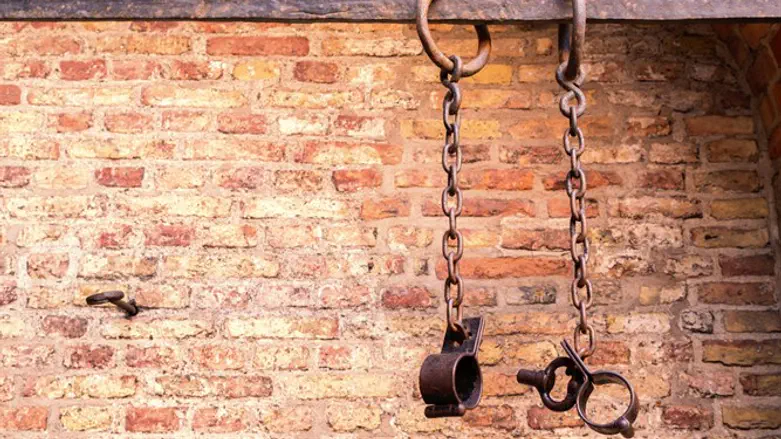
Lebanon must investigate the account of a prominent actor who says he was forcibly disappeared and tortured by state security forces last year, Human Rights Watch (HRW) said on Monday.
Ziad Itani was arrested in November and held for several months, accused of "collaborating" with Israel, which is formally still at war with Lebanon.
He was released in March after it appeared that a top Lebanese security official had framed him, but the time he spent in detention haunted him, he told HRW.
The actor and writer said he was held for nearly a week in what appeared to be an informal jail, where men in civilian clothes punched and kicked him, forced him into stress positions and threatened to sexually assault him.
"There was no doctor who saw me, my body was all blue and I was spitting blood," he told the rights group. "I couldn't speak properly."
Itani says he was then handed over to military police and held in solitary confinement for nearly two months, during which he was not able to meet privately with his lawyer or family.
"Itani's allegations of torture and disappearance demand a thorough investigation into his treatment in detention and why he was arrested in the first place," said Lama Fakih, HRW's deputy Middle East director.
"If Itani was indeed framed, then this was a massive miscarriage of justice, and authorities should guarantee that this can never happen again."
According to rights groups, Lebanese authorities have used torture to extract confessions from detainees.
Itani himself told HRW that his physical abuse began when he refused to sign a written confession that he was collaborating with Israel.
Over the next week, his captors chained him, hung him from his wrists, broke one of his teeth, and threatened to "insert a rod into his anus if he didn't sign," he said.
He finally agreed to sign the confession.
That same month, Lebanon passed a new law to criminalize torture, investigate such allegations and compensate victims.
"Torture is not only illegal but also ineffective, because it can lead to false confessions," Fakih said. "This case presents a clear litmus test for whether Lebanon's new torture law will help end impunity for torture or remain on paper only."
In May, Lebanon charged high-ranking officer Suzanne Hajj with "fabricating" the case against Itani.
A source close to the case said Hajj had been seeking revenge after Itani shed light on her liking a controversial post on Twitter last year, after which she was demoted.
Itani has shot to prominence in recent years for his series of comedy plays on Beirut and previously worked as a journalist with Lebanon's Al-Mayadeen channel and various regional newspapers.